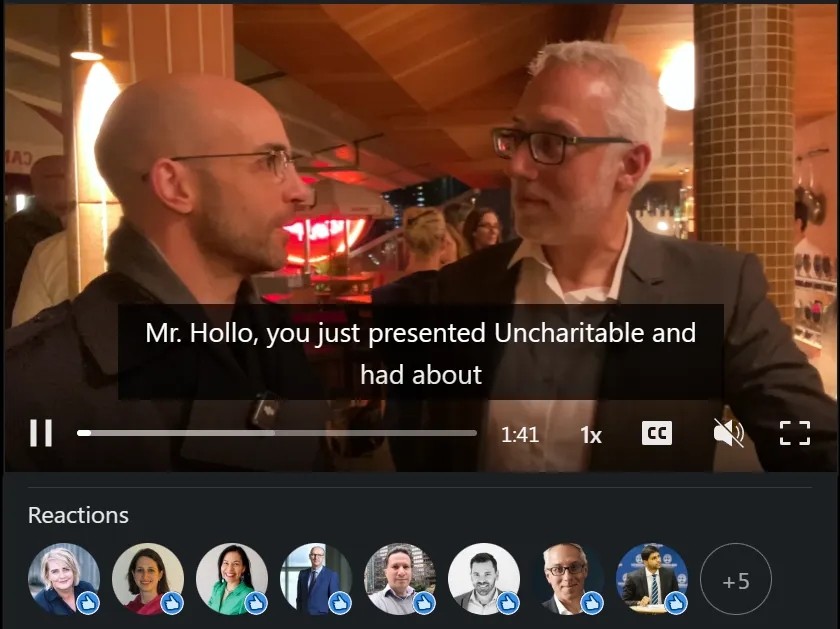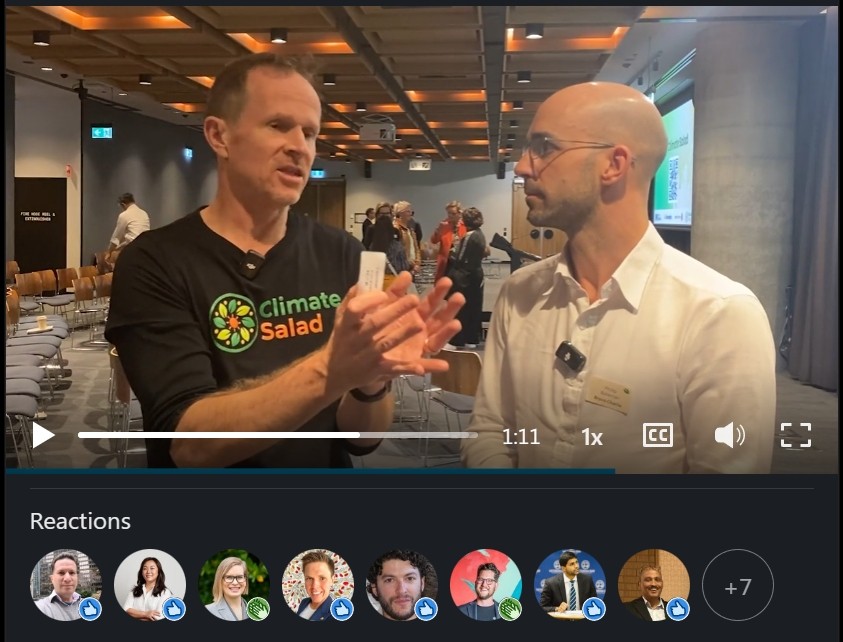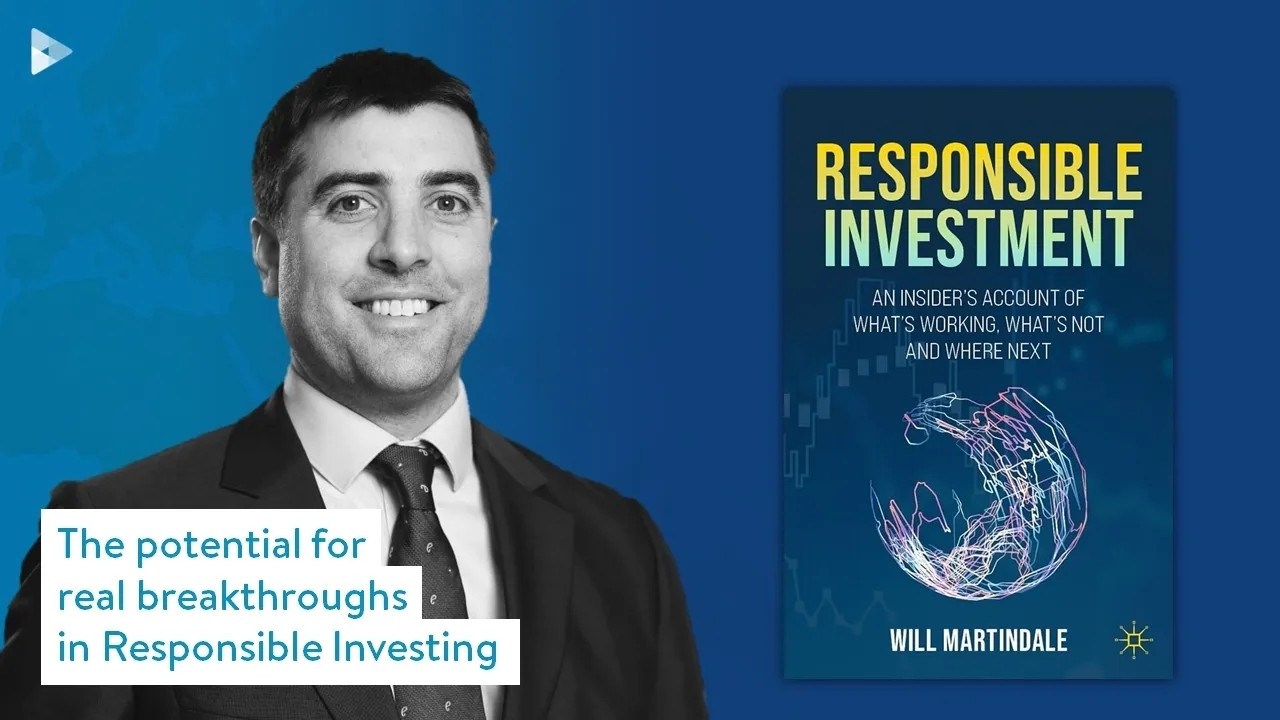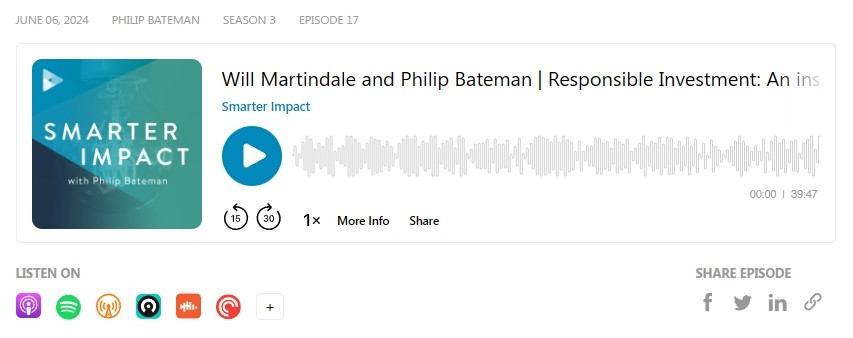Last night, I attended Andrew Hollo‘s screening of UnCharitableMovie.com.
The film’s central proposition was that we have vastly different expectations of the NFP (Not-for-Profit) space than we do of traditional, profit-motivated companies.
Within that is the central idea that if you or I donate to a charity, we expect that our money is spent directly on the beneficiary.
This held up a mirror in the starkest way – I didn’t think that intrinsically I wanted my charities poor, and it was an unacknowledged belief, though I am totally complicit in thinking, ‘if I’m donating money, and ALL of that money isn’t getting to the beneficiary, this is a scam’ –
Ask me what a good margin is in the for profit space, I’d say 40% – meaning 60% is taken up in overheads, yet I expect charities to do the same job with under 10% ?!
It’s cracked.

Click here to watch the 2 minute video above and hear more about the key messages, and please, organise to watch UnCharitable.
Question: If you dared to dream of solving a social issue, in the way humanity took on the Apollo program and got to the Moon, or with the resources Apple uses to make, sell and globally distribute a new iPhone, what would that be?
See the future, look backwards
I was listening to Eytan Lenko, CEO of Boundless Earth at the 2024 Climate Salad Climate Tech Showcase on Tuesday, talk through the amazing work they were up to at Boundless.
You wouldn’t know from the website, though they are backed by the Atlassian founders, and as such take an Agile project management methodology, and apply it to investing and changing the world.
I spent 4 or so years deep in the Atlassian world supporting a client as their outsourced CMO part-time, and this agile methodology is fused into everything I (and by proxy, Nic Stewart) do in our businesses.
Agile has what’s called Epics, essentially a large piece of work that will spread across multiple Sprints. Sprints are any time-defined block, such as a month or usually a week.
You break down the Epic into tasks and sub-tasks, then grab a set of tasks at the start of each sprint, work through them, iterate, and repeat.
If you’ve got Motion like Nic and I do, it uses AI to organise your tasks based on the available time you give it, and in a basic way, asks as your digital Scrum Master (the person in an Agile process responsible for allocating tasks and ensuring quality).
At Boundless, they pick a topic eg ‘Get EV sales to 10% of the annual market’ – give themselves 3 weeks to create a strategy to do that, which includes identifying relevant stakeholders to invest in, support and assign as leaders to continue the implementation, then 3 months to hire, invest, organise and deploy the strategy.
Then, they set it free and chose another topic. That’s it! They’ve done 8 so far.
True catalysts.
Eytan mentioned during his commentary the lag time between Government announcements and deployment and how, if you look back 12 to 18 months, policy, fund disbursement and awards were only now starting to arrive in the market.
As such, if you want to know what’s available to you at a State and Federal level, that’s happening in real-time, today, look back a year and see what was being announced!

At the conclusion of the sold-out showcase I chatted with Climate Salad‘s Founder, Mick Liubinskas. Take a minute to watch and learn more about the movement!
Question: Are you being realistic in your expectations about when programs your business has applied for will come through, and looking back, are there things you could or should be preparing for, such as the National Reconstruction Fund?
Getting serious about ‘real world impact’
Wrapping up my interview series with Will Martindale of Canbury

Part 3 is now available, where we look at the potential for real breakthroughs in responsible investing, and how resourcing and politics fits in.
- Steps taken by the European Commission
- Regulators leaning in ahead of industry
- Socially initiated legislation against polluters
- The lack of impact felt by the finance industry compared to the consumer economy
- Greenwashing throughout investment markets
- The challenge of storytelling fundamentals and market psychology
- Fundamental motivators of people working in responsible investment
- Foundations transitioning their portfolios to values-aligned impact
You can also listen to the complete interview on all good audio podcasts such as iTunes, Spotify etc by clicking below or looking up Smarter Impact or Philip Bateman.

Question: As we close in on the end of the financial year, how do you feel about the impact you’ve had in the past year, and what could 2024/25 look like?
